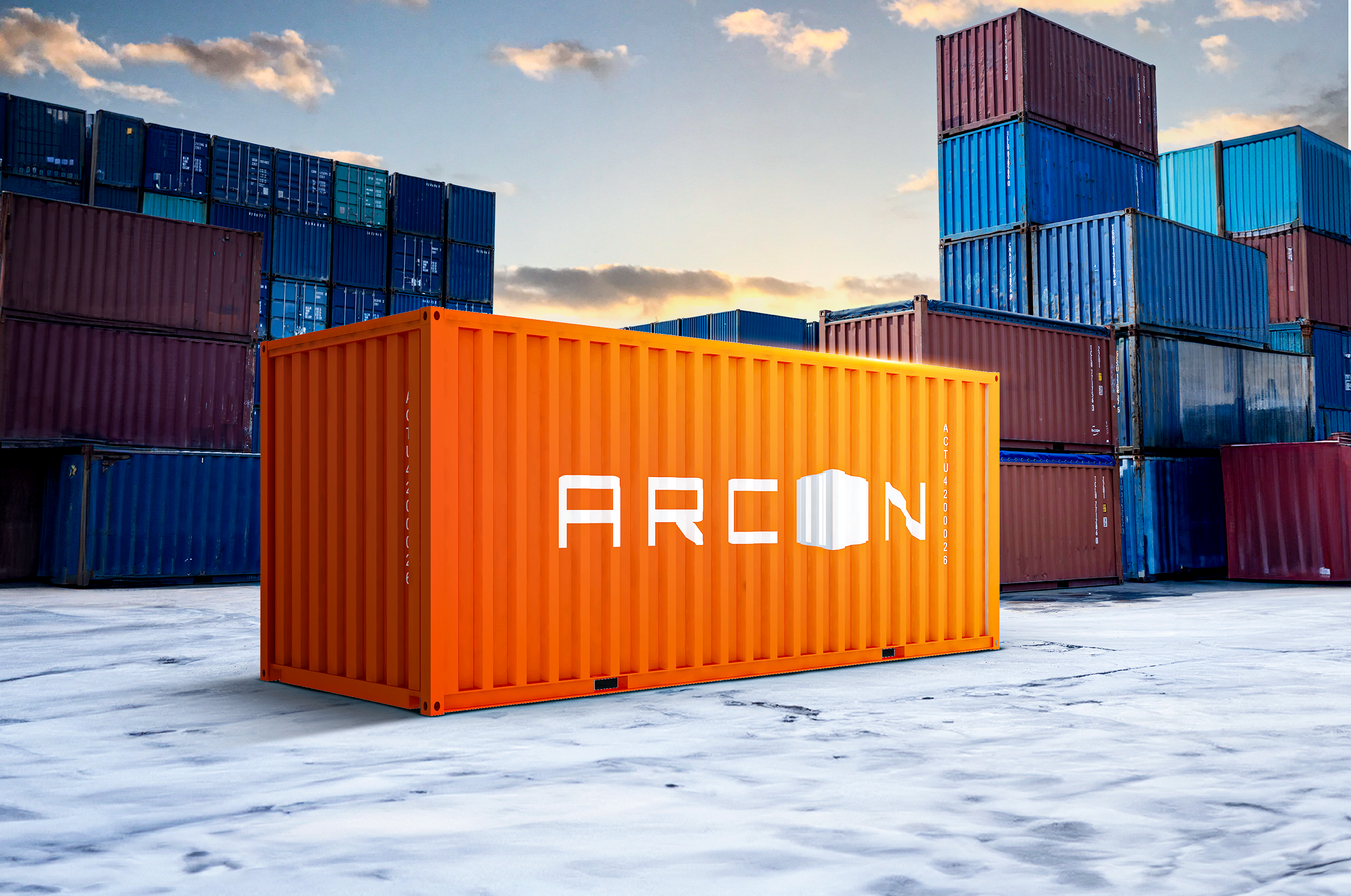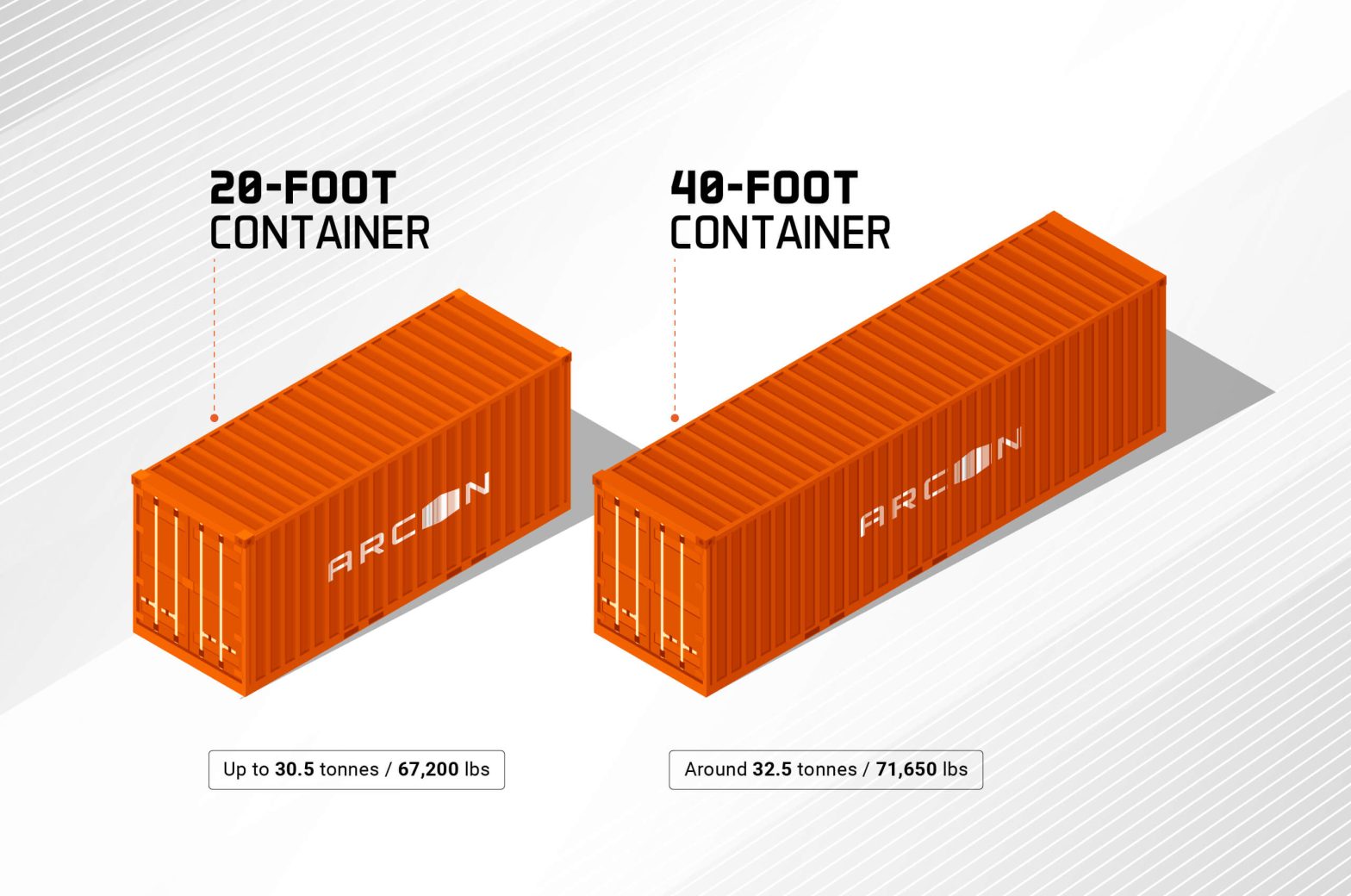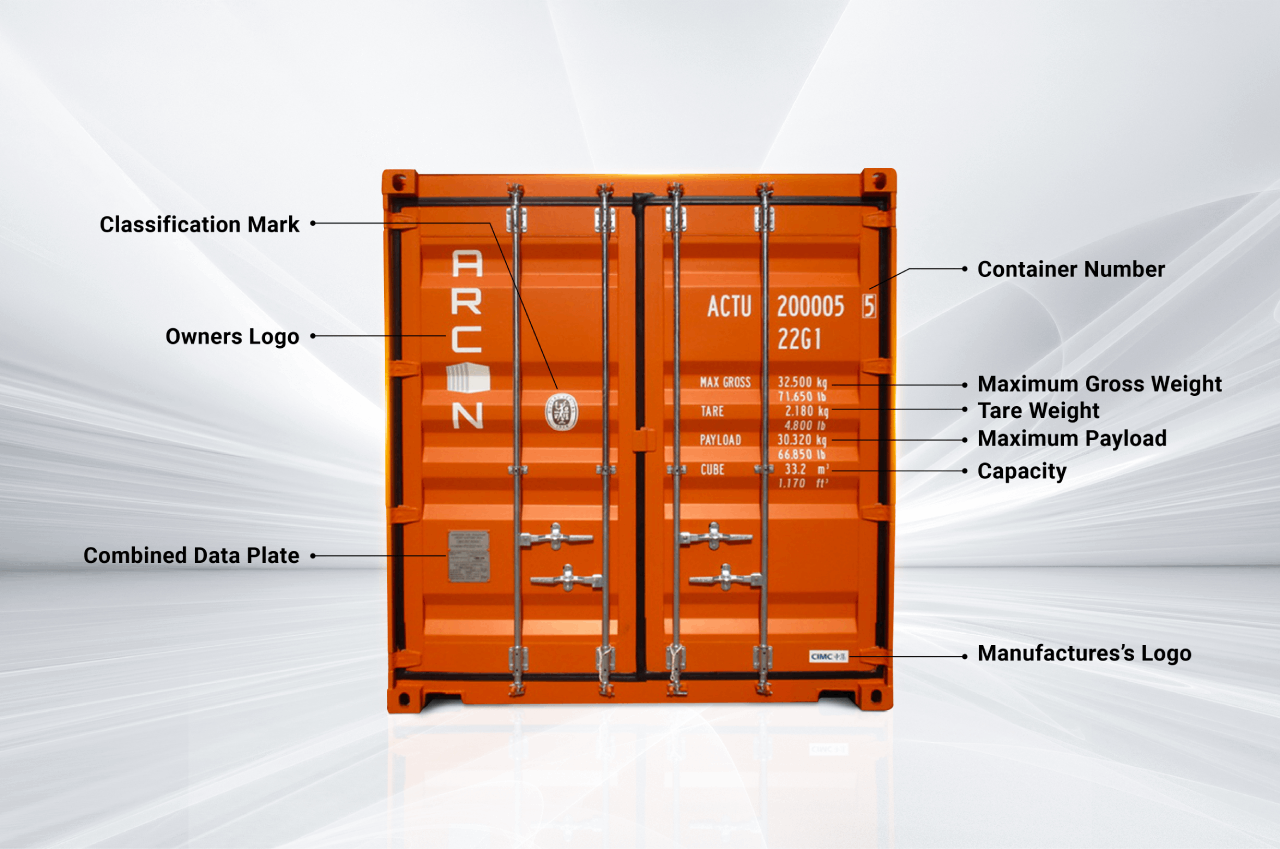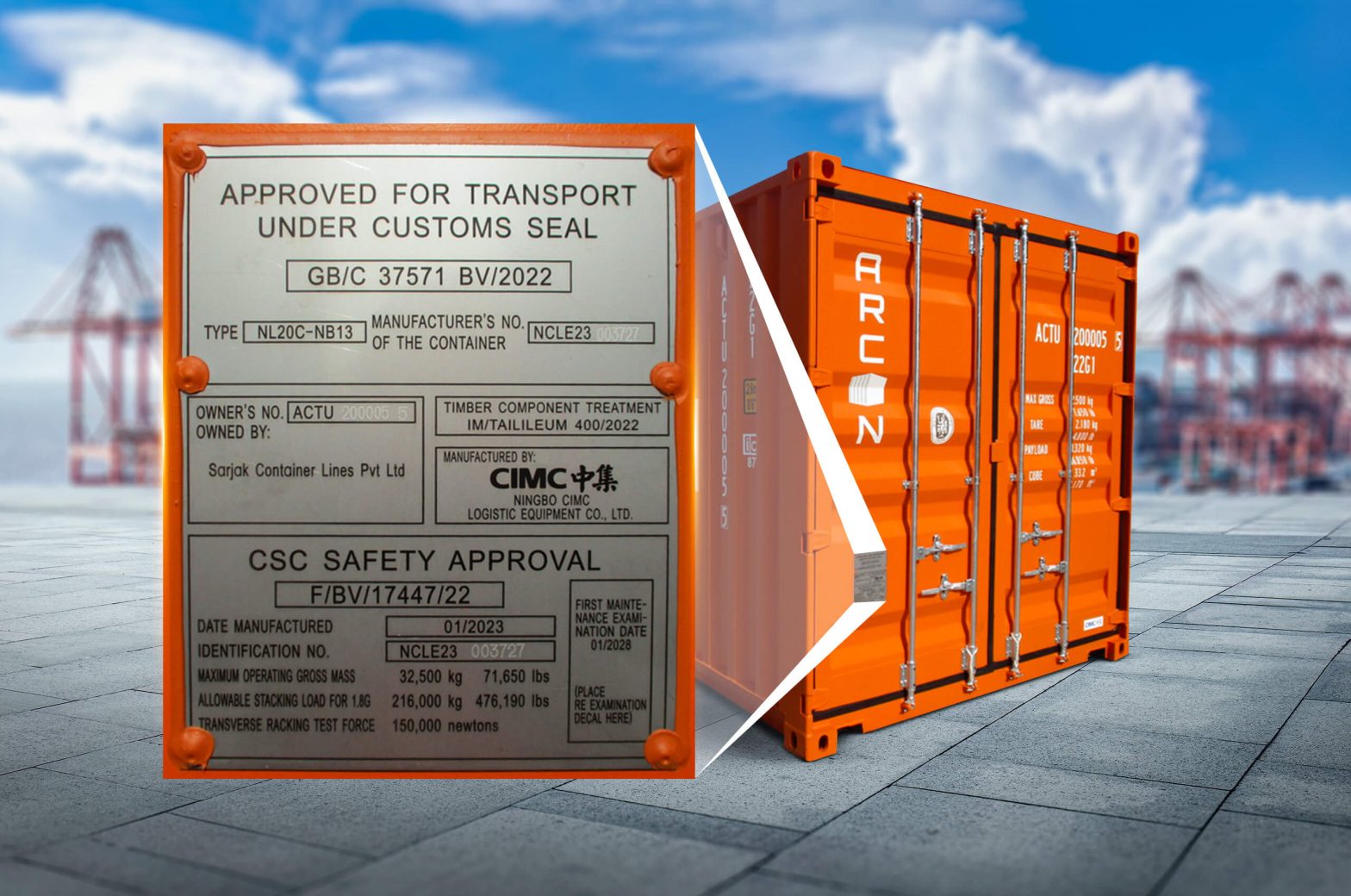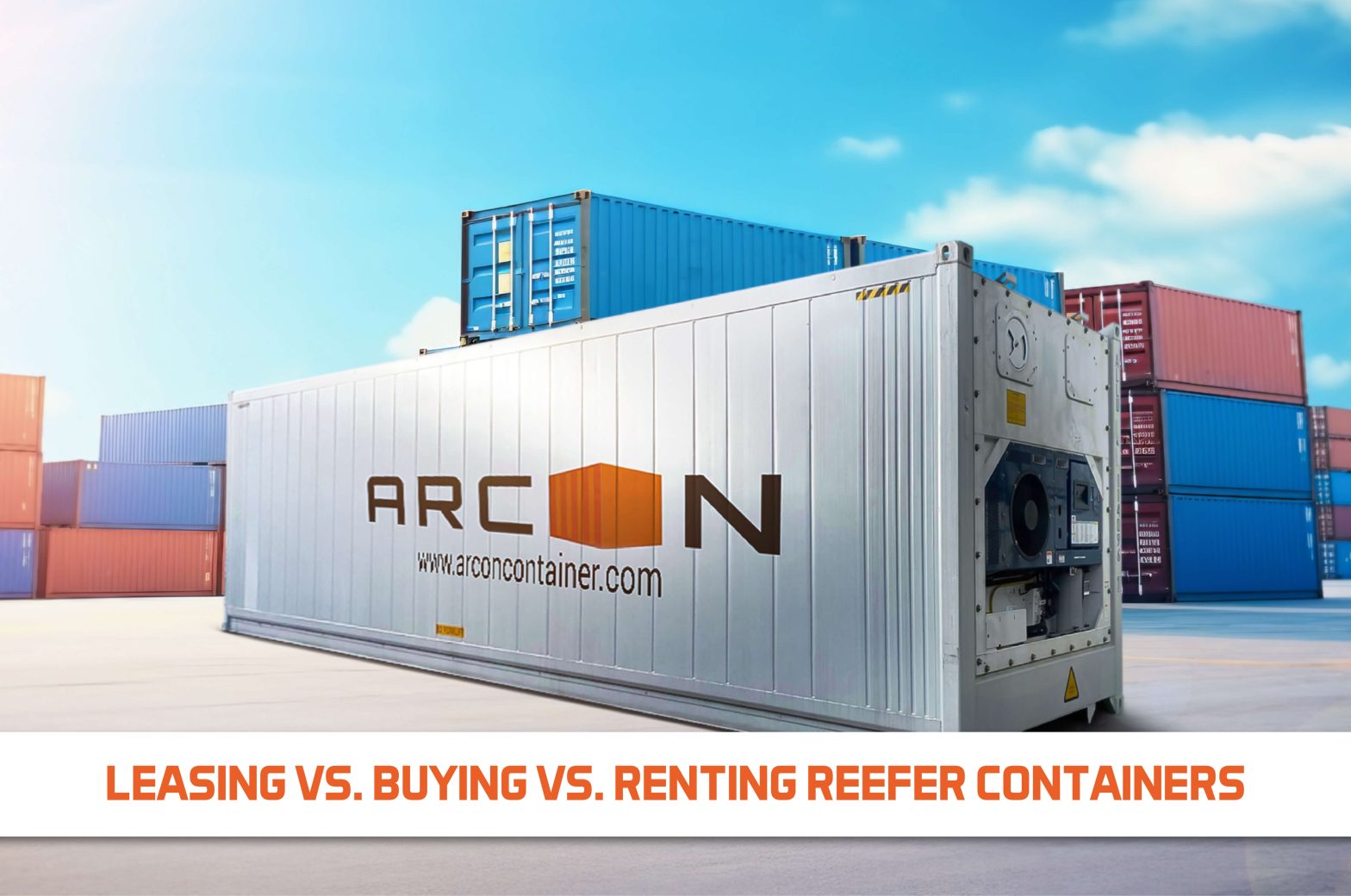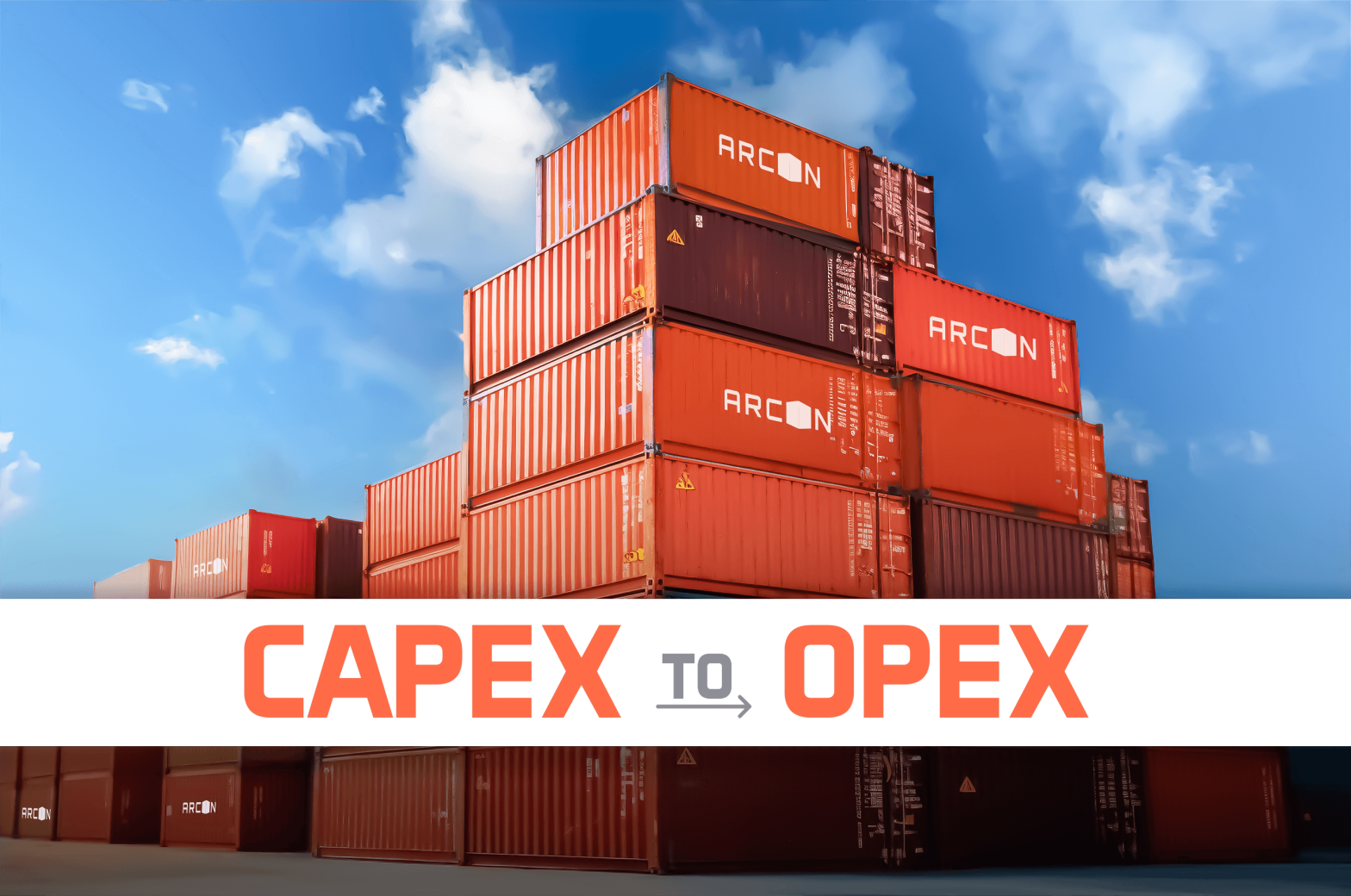Are you considering leasing a shipping container for your business? You’re not alone. According to a report by Analytic Markets, the Shipping Container Leasing Market is projected to grow at a compound annual growth rate (CAGR) of 9.45% from 2024 to 2031, increasing from USD 71 billion in 2023 to USD 133.59 billion by 2031. This significant growth indicates that more businesses are opting to lease rather than buy containers, making it essential to understand the various leasing options available and how they work.
Various Leasing Options for Shipping Containers
When it comes to leasing shipping containers, there are several options to consider, each suited to different needs and budget constraints:
- One-Way Lease: This option allows for a flexible lease duration and the freedom to drop off the container at different locations. It is often the most cost-effective choice, making it ideal for businesses with unpredictable shipping needs or those looking to minimise costs
- Short-Term Lease: Ranging from 6 to 24 months, a short-term lease typically involves higher costs and restrictions on drop-off locations. It’s a good fit for businesses with seasonal shipping needs or short-term projects.
- Long-Term Lease: Spanning 2 to 5 years, long-term leases offer a balance between flexibility and cost. While there may be restrictions on where the container can be dropped off, the leasing rate is usually more affordable than short-term leases, making it a suitable option for businesses with ongoing shipping requirements.
What are Master Lease Agreements for Shipping Containers?
Master Lease Agreements for shipping containers, also known as short to medium-term leases, provide flexibility without requiring a minimum number of containers. These leases allow the lease duration to be adjusted as needed, with the lessor handling maintenance, repairs, and container relocation. The agreement includes a financial framework where credits and debits are calculated based on the condition of the container when returned.
Additionally, the lessor ensures a consistent supply of empty containers at designated pickup locations to meet the lessee’s needs. Key terms such as daily rental rates, container types, and depot-specific details are defined upfront. The lease obligations also begin when the lessee picks up the containers from the depot.
Key Elements That Impact Shipping Container Leasing Costs

Several factors influence the cost of leasing shipping containers:
- Number of Shipping Containers Leased: Leasing in bulk can sometimes lead to discounted rates, but the total cost will still depend on the number of containers.
- Pick-Up and Dropping Points of Leased Containers: The location where containers are picked up and dropped off can significantly impact the cost. Leases that allow for flexible drop-off points may incur higher fees.
- Type of Shipping Container Leased: The cost varies depending on the type of container. For example, leasing ISO containers generally have different pricing compared to standard containers due to their specific design and compliance with international standards.
- Period of Lease: The length of the lease affects the overall cost, with shorter leases typically costing more per month than longer ones.
- Power Arrangement of Leasing Reefer Containers: When considering a reefer container lease, the arrangement for powering the refrigerated unit can add to the cost, especially if the container requires a consistent power source throughout the lease period.
Why Leasing Shipping Containers is a Smart Choice for Businesses
Opting to rent shipping containers rather than purchasing them offers several benefits for businesses:
- Cost Efficiency: Leasing eliminates the need for a large upfront investment, allowing businesses to allocate resources to other areas.
- Flexibility: Leasing offers the ability to adjust the number and type of containers as business needs change, providing greater operational flexibility.
- Maintenance and Upkeep: Leased containers typically come with maintenance included, reducing the burden of repair costs and upkeep.
- Scalability: As your business grows, you can easily scale up your container fleet without the commitment of ownership, ensuring you only pay for what you use.
Why Choose Arcon for Leasing Shipping Containers?
At ARCON Container, we are proud to offer an extensive range of high-quality shipping containers for lease. Our flexible leasing solutions are tailored to meet your specific business needs, making us a top choice for container leasing. Our Shipping containers come with competitive pricing and focus on customer satisfaction to ensure you get the right container for your needs, whether standard dry containers or modular shipping containers. With our exceptional support, we make the leasing process seamless and efficient, helping your business remain agile in an ever-changing market.
Contact us at sales@arconcontainer.com today and power up your ddshipping with ARCON’s high-quality containers.


